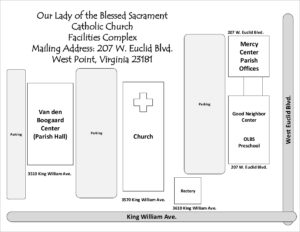At the same time that Martin Luther was attacking abuses in the Church, a reformation within the Church was already being attempted. Among the early movers of the Counter-Reformation was Anthony Zaccaria.
Anthony Zaccaria’s mother became a widow at 18, and devoted herself to the spiritual education of her son. He received a medical doctorate at 22, and while working among the poor of his native Cremona in Italy, was attracted to the religious apostolate.
He renounced his rights to any future inheritance, worked as a catechist, and was ordained a priest at the age of 26. Called to Milan in a few years, he laid the foundations of three religious congregations, one for men, one for women, and an association of married couples. Their aim was the reform of the decadent society of their day, beginning with the clergy, religious, and lay people.
Greatly inspired by Saint Paul—his congregation is named the Barnabites, after the companion of that saint—Anthony preached with great vigor in church and street, conducted popular missions, and was not ashamed of doing public penance.
Anthony encouraged such innovations as the collaboration of the laity in the apostolate, frequent Communion, the Forty Hours devotion, and the ringing of church bells at 3:00 p.m. on Fridays. His holiness moved many to reform their lives, but as with all saints, it also moved many to oppose him. Twice his community had to undergo official religious investigation, and twice it was exonerated.
While on a mission of peace, Anthony became seriously ill and was brought home for a visit to his mother. He died at Cremona at the age of 36.


Comments are closed.